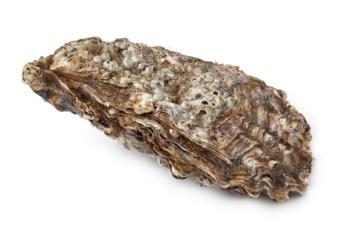
- The Column-04-11-2017
- Volume 13
- Issue 5
Waters Announce Malaysian Expansion
Waters Corporation has announced the opening of a new Solution Centre in Petaling Jaya, Selangor, Malaysia. The new facility is designed to advance liquid chromatography and mass spectrometry analytical capabilities, developing new applications and offering training to scientists within its demonstration and training facilities.
Waters Corporation has announced the opening of a new Solution Centre in Petaling Jaya, Selangor, Malaysia. The new facility is designed to advance liquid chromatography and mass spectrometry analytical capabilities, developing new applications and offering training to scientists within its demonstration and training facilities.
“This is another milestone for us to better support customers for their LC–MS applications and their education needs,” said Mathieu Laouenan, General Manager - SEA & Australasia, Waters Pacific Pte Ltd.
“Delivering benefit is Waters’ core value. The investment in this new Solution Centre reinforces that commitment to our customers. Scientists can now choose the right technology platform for their laboratories through firsthand experiences with Waters technologies, as well as continued training and support after a purchase is made,” said Krishna Kodoth, General Manager - Malaysia, Waters Analytical Instruments Sdn. Bhd.
The new Solution Centre further strengthens Waters’ presence in Malaysia building on offices and subsidiaries previously developed to take advantage of Malaysia’s growing bioprocessing market.
For more information please visit
Articles in this issue
almost 9 years ago
Volatile Separation: A Low-Density Approachalmost 9 years ago
Exploring Ocular Disease Using Metabolomicsalmost 9 years ago
The Alternative Laboratory Manager’s Guidealmost 9 years ago
Identifying Fraudulent Saffron Using UHPLC–HRMS/MS and Metabolomicsalmost 9 years ago
Shimadzu Launches European Innovation Centeralmost 9 years ago
Reach Separations Celebrate 5th Birthdayalmost 9 years ago
Targeting Specific Matrix Interferences for Sample Preparationalmost 9 years ago
Vol 13 No 5 The Column April 11, 2017 Europe and Asia PDFNewsletter
Join the global community of analytical scientists who trust LCGC for insights on the latest techniques, trends, and expert solutions in chromatography.




